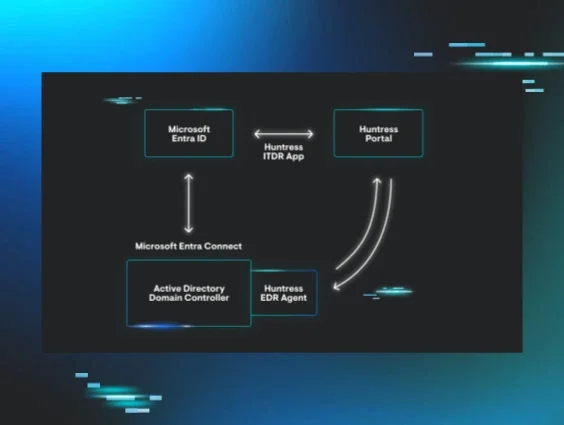CyberAlerts is shutting down on June 30th, 2025. Thank you for your support!
Example Searches:
CVE
Threat Actors
Countries
Vendors
Severity
Known Exploited

|
Description: Huntress Managed ITDR closes the gap with AD-synchronized identity disablement. Secure identities on-prem and in the cloud with this powerful update.
June 24th, 2025 (6 days ago)
|

|
Description: The United States Embassy in India has announced that applicants for F, M, and J nonimmigrant visas should make their social media accounts public.
The new guideline seeks to help officials verify the identity and eligibility of applicants under U.S. law. The U.S. Embassy said every visa application review is a "national security decision."
"Effective immediately, all individuals applying for an
June 24th, 2025 (6 days ago)
|

|
Description: BH Hotels & Resorts
FUERTEVENTURA, LANZAROTE AND ZANZIBAR
For more than 30 years we have been offering you comfort, gastronomy, a wide range of facilities, fun and excellent service in modern hotels located directly on the first line of the ...
June 24th, 2025 (6 days ago)
|

|
Description: America's largest steel producer initially disclosed the breach in May and took potentially affected systems offline to investigation the intrusion and contain any malicious activity.
June 24th, 2025 (6 days ago)
|

|
Description: LLMs are not familiar with “ate that up,” “secure the bag,” and “sigma,” showing that training data is not yet updated to Gen Alpha terminology.
June 24th, 2025 (6 days ago)
|

|
Description: Microsoft has released the June 2025 non-security preview update for Windows 10, version 22H2, with fixes for bugs preventing the Start Menu from launching and breaking scanning features on USB multi-function printers. [...]
June 24th, 2025 (6 days ago)
|

|
Description: The leaks to the dark web contain information “about the entire population” of Paraguay, researchers said, and likely originated with malware that infected a government employee device.
June 24th, 2025 (6 days ago)
|

|
June 24th, 2025 (6 days ago)
|

|
Description: Arlington Occupational Health and Wellness Falls Victim to Everest Ransomware
June 24th, 2025 (6 days ago)
|

|
Description: Microsoft is rolling out a configuration update designed to address a known issue causing Windows Update to fail on some Windows 11 systems. [...]
June 24th, 2025 (6 days ago)
|
